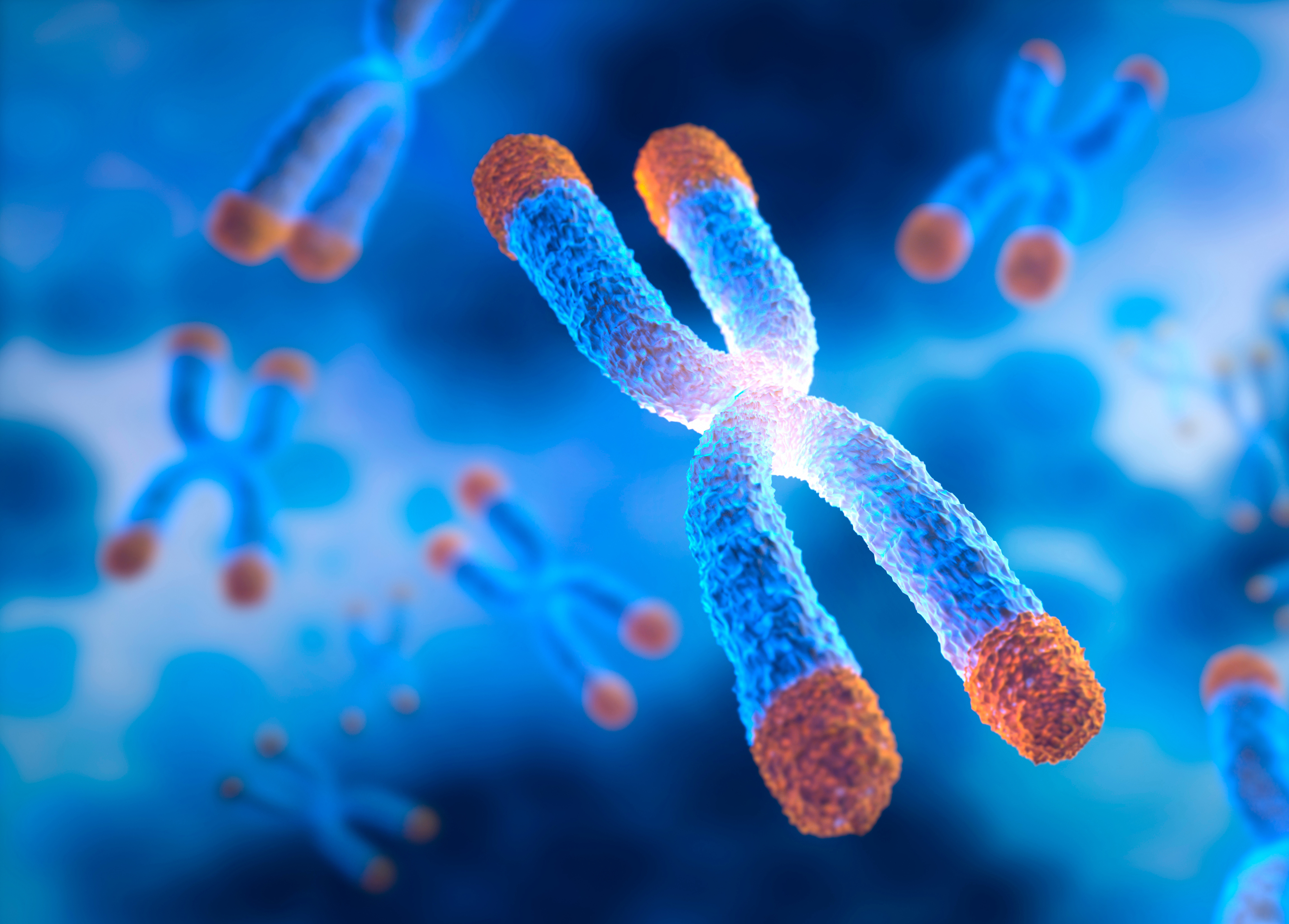
Dangerous belly fat is not a fate that you simply have to surrender to - and neither should you. Because being overweight can quickly become a burden on body and mind. According to studies, about half of all adults are overweight, and one in five suffers from obesity. More everyday exercise and a balanced diet are the basis for fitness and well-being. Equally important: a sufficient supply of healthy, natural vital substances.
The figures are cause for concern. Overweight will cost the lives of more than 90 million people in industrialised and emerging countries over the next three decades. A study by the Organisation for Economic Co-operation and Development (OECD) concludes that more than half of the population in 34 of the 36 OECD countries is overweight, and almost one in four is obese. By 2050, the researchers calculated about 92 million corresponding premature deaths. In addition, the study states that diseases caused by obesity or overweight will reduce life expectancy by almost three years on average. According to the experts, obesity also slows down the economy in the countries and impairs prosperity: obesity reduces the gross domestic product by 3.3 percent on average.
Another problem: according to a study by the World Health Organisation (WHO), 18 percent of girls and 14 percent of boys are classified as overweight. For girls, this value increased by five percent compared to the last survey in 2014. This is the conclusion of the "Health Behaviour in School-aged Children" (HBSC) study conducted for the WHO on the health and health behaviour of schoolchildren aged eleven to fifteen in Germany. A total of 4,347 children and adolescents were randomly surveyed at 146 schools nationwide in Germany as part of the study. Only seven percent of girls and 13 percent of boys are physically active for 60 minutes a day.
Joints suffer greatly when overweight
Or to put it another way: According to studies, about half of all adults suffer from overweight (BMI beyond 25), one in five from obesity (BMI beyond 30). The excess kilos not only cause all kinds of restrictions in everyday life, but also become - in the truest sense of the word - a burden on body and mind.
Obesity is mainly promoted by modern, mostly unhealthy diets and a lack of exercise. Those who end up eating more calories than they consume will inevitably gain weight. And the consequences of this overweight can be far-reaching and manifest themselves, for example, in heavy sweating, restricted movement and back problems. In addition, being overweight can harm the body in the long term, for example by causing or promoting joint problems. The joints enable people to make all kinds of movements - and in the best case, without pain. If they are overweight, they have to bear heavy loads, wear out earlier and become noticeable through severe pain. Natural aids can alleviate the symptoms, but it is important for the joints to reduce existing excess weight.
Depression can be the result of being overweight
Fat in the abdomen can also have other far-reaching health consequences. It significantly increases the risk of exposure to dangers such as, severe cardiovascular disease, thrombosis, cirrhosis of the liver and increasing cancer risks. Similarly, permanent tension in the neck and shoulder area can be a consequence of being overweight. These physical difficulties are the beginning of worse things to come. Pain makes many things more difficult, which can lead to dejection, often in connection with mental strain due to professional stress. Then there is often the feeling of unattractiveness because of the physical blemishes and at the same time of being burnt out - depression can be the result. In addition, there is the social factor: a lack of weight loss success or wry looks in everyday life leave their mark on the psyche.
In addition, type II diabetes is one of the frequent consequences of extra pounds. Too little exercise and the greatly increased intake of carbohydrates lead to the body's cells becoming deadened to the release of insulin. The result: too much sugar remains in the blood, which makes itself felt through concentration problems, immune deficiency and later also through damage to nerves and blood vessels.
But what to do about it? Well, dangerous belly fat is not a fate that you simply have to surrender to. And it doesn't just attach itself to the body. In most cases, the causes are clear (as long as there are no genetic or age-related reasons): lack of exercise and an unhealthy diet. In other words, two causes that everyone can combat. The World Health Organisation recommends getting one hour of exercise a day. This already includes walking to the bakery and taking the stairs instead of the lift - a good start. Would you like to exercise? Then you need an individually tailored exercise programme, preferably in consultation with your doctor. Among other things, the German Heart Foundation provides sustainable and healthy tips for more everyday exercise.
It pays to change your eating habits in the long term
A balanced diet is also important. Plenty of fruit and vegetables, little fat and sugar, and at the same time about two litres of water a day - that will lead you to your goal in the long run. If you really want to lose weight, you cannot avoid changing your eating habits in the long term.
Equally important: a sufficient supply of healthy, natural vital substances. These include protein and the amino acids it contains. They help you reach your desired weight and then maintain it. Because protein makes you feel fuller for longer, and your body needs calories to burn it off. Most importantly, protein also prevents you from losing muscle instead of fat when you lose weight. CLA, a natural polyunsaturated fatty acid, also helps eliminate belly fat quickly. CLA boosts fat burning, reduces fat absorption from food and lowers levels of the protein leptin, which causes weight gain. Vitamin C also contributes to normal energy metabolism. Magnesium, zinc, chromium, iodine and also biological substances such as green coffee have also proven to be great weight loss supporters.
But before the new lifestyle starts, it may be necessary to restart the metabolism first. And this can be done with natural vital substances. A person with a fast metabolism burns up a lot of the energy he or she has taken in through food; this accelerates weight loss through sport and dieting, for example. For example, the protein building block L-tyrosine in combination with the plants Coleus forskohlii and ginseng can accelerate the metabolism and thus the burning of fat. This helps to get the body going permanently and to achieve all goals.
Intermittent fasting: eating is allowed for ten hours a day
A recent study has also impressively shown that there are great health benefits to aligning your diet with your inner clock. Researchers at the University of California discovered that limiting food consumption to a ten-hour fast per day brings weight loss, lower blood pressure and more stable insulin levels. However, with intermittent fasting, metabolic syndrome can be countered without engaging in sweaty exercise sessions or significantly reducing calorie intake. The procedure is simple: people are allowed to eat for ten hours a day, and for the remaining 14 hours they should limit themselves to drinking water. Test persons at the University of California practised intermittent fasting over a period of three months. They lost weight, reduced their abdominal fat, lowered their blood pressure and cholesterol and stabilised their blood sugar and insulin levels.
* This text may contain translation errors as the translation was performed by an online translation tool.










